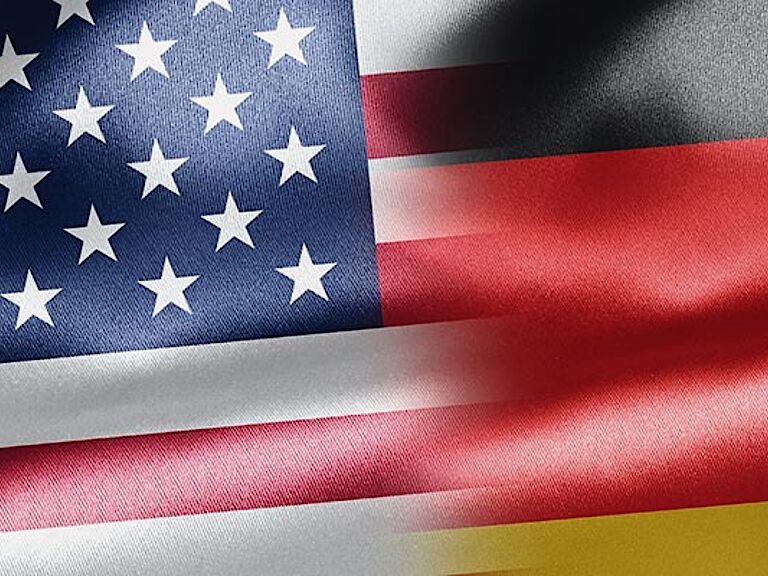Online-Discussion: From the Fulda Gap to Suwalki - Germany's new role in NATO
Event number:
20-052
Date:
Wednesday, August 19, 2020, 6 pm
Location:
Online via Zoom
Partner:
Friedrich-Naumann-Stiftung für die Freiheit, Länderbüro Hessen/Rheinland-Pfalz
Target audience:
General public/everybody
Language:
The event will take place in English.
Admission:
for free
Register for the event:
Please register for this event via the Friedrich-Naumann-Stiftung online.
About the event:
The three Baltic States, Lithuania, Latvia and Estonia, were part of the Soviet Union from their involuntary integration in 1940 until 1991. It is not surprising that afterwards, these states actively sought integration with the West and were admitted to NATO and the EU in 2004. Despite their clear commitment to the West, concerns remain about attempts to bring these states back into the Russian sphere of power.
The breach of Ukraine’s sovereignty by Russia, which in 2014 launched a surprise occupation and subsequent annexation of Crimea, underlines that this concern is well founded. The vulnerable position of the Baltic States, due to their proximity to the Russian enclave Kaliningrad, means that they can easily be cut off from the other Allies by sea and land. As a result, NATO’s strategy of conflict-preventing deterrence is key in keeping potential aggressors at bay. In the current security environment, the Baltic States look at the developments in transatlantic relations with growing concern. At the same time, a clear signal from Germany is expected with regard to its commitment to the provisions of the Alliance.
Is NATO willing and able to defend the Baltic States if the worst comes to the worst? What new role is expected from Germany in the new security environment? How can the EU contribute to protecting the sovereignty of its Member States? And how can we protect ourselves against hybrid warfare?
Our international panel of experts discusses these and other security policy issues of the 21st century. We cordially invite you to join us!
Das Panel
Lieutenant General (ret.) Frederick Benjamin Hodges

graduated in 1980 from the United States Military Academy and ended his career as Commanding General, United States Army Europe (2014 – 2017). He then became the Pershing Chair in Strategic Studies of the Center for European Policy Analysis.
Dr. Žygimantas Pavilionis

earned a master’s degree in philosophy and PhD in political science from Vilnius University. 2010-2015 he served as the Lithuanian Ambassador to the US and Mexico and from 2015-2016. In 2016 he was elected to Lithuanian Parliament by the votes of global Lithuanian diaspora.
Alexander Müller, MdB,

is the head of the FNF Security Hub and follows political developments in the EU and NATO, with special focus on foreign and security policy. He previously worked at the European Liberal Forum, the think tank of the ALDE Party.
Dr. Marcus Pindur

Dlf-Correspondent for security policy. He reports from Berlin for Deutschlandfunk, Deutschlandfunk Kultur and Deutschlandfunk Nova and covers topics of domestic and foreign security. From 2012-2016, Dr. Pindur was based in Washington, D.C.








